Strange & Shining: Gallery of Mysterious Night Lights
Noctilucent Clouds
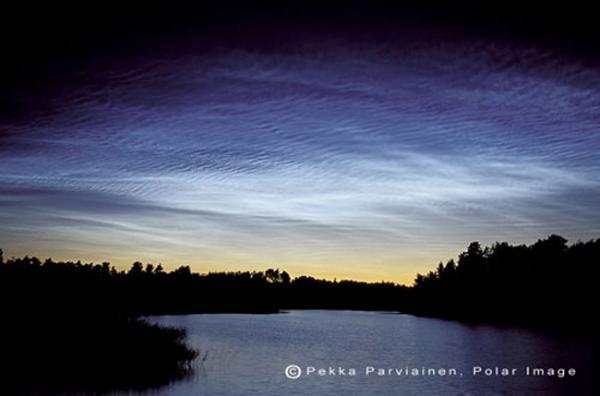
Noctilucent clouds over Kustavi, Finland. Photo taken July 27/28, 2001, at approximately 12:30 a.m. local time, or 4 hours after sunset. This image shows a noctilucent cloud illuminating the water below and a gold hue on the horizon.
Streaks of Clouds
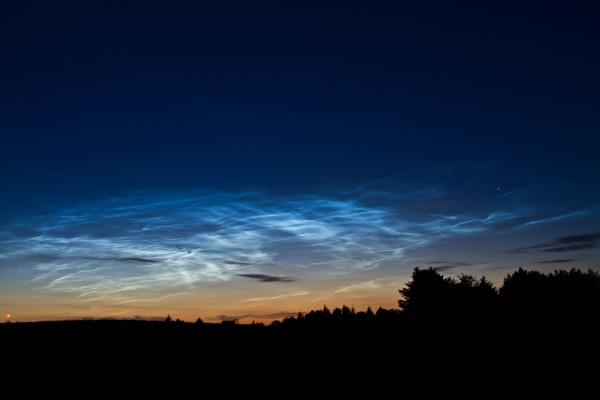
Noctilucent clouds, also known as night-shining clouds, are a rare but beautiful sight. After the sun sets on a summer evening and the sky fades to black, you may be lucky enough to see thin, wavy clouds illuminating the night, such as these seen over Billund, Denmark, on July 15, 2010.
Double Rainbow
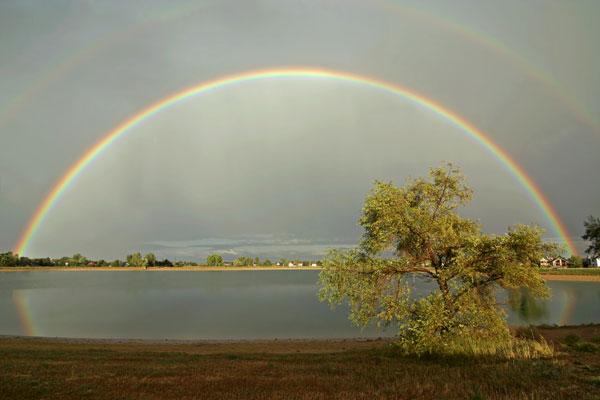
The breathtaking double rainbow above was photographed over Harper's Lake in Louisville, Colorado.
Quadruple Rainbow
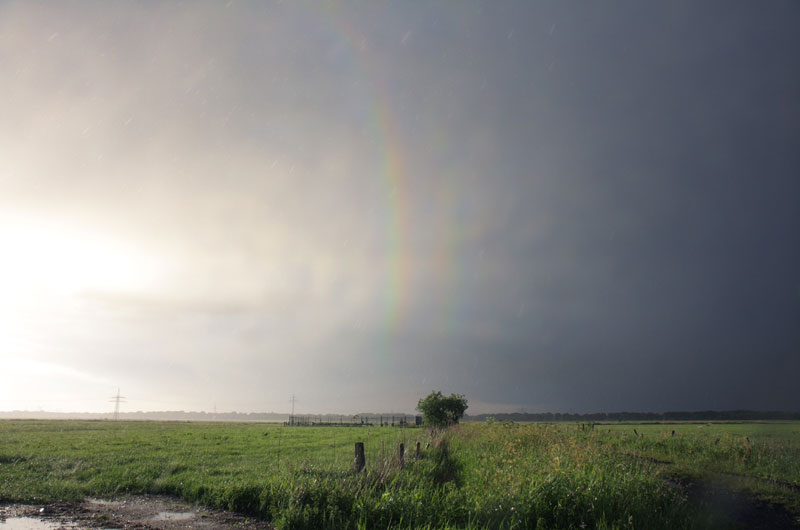
This is the first picture ever of a quadruple rainbow, also known as a quaternary rainbow, in nature. The third-order (tertiary) rainbow (left), accompanied by the fourth-order (quaternary) rainbow (right). They appear on the sunward side of the sky, at approximately 40° and 45°, respectively, from the Sun.
Ghostly Rainbow
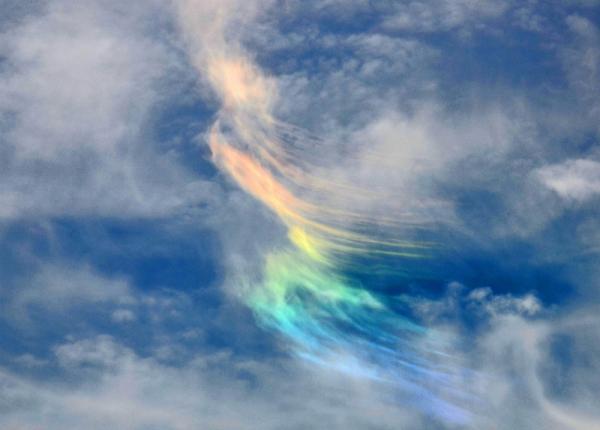
This colorful apparition, known officially as a circumhorizon arc, occurs when sunlight strikes cirrus clouds — the kind that typically look like cotton candy and form very high in the sky — at a certain angle. The above cloud was seen in June in Washington.
Magnificent Moonbow
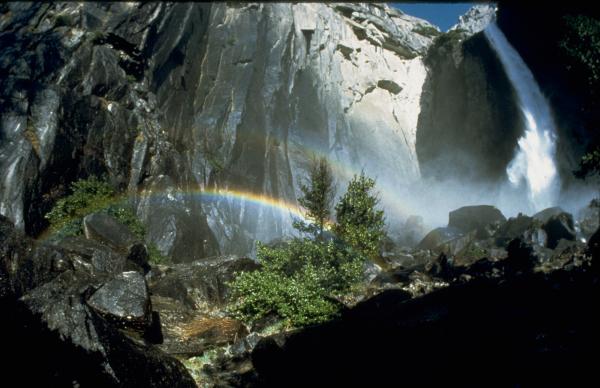
One certain bright, moonlit nights, a rare phenomenon known as a "moonbow" occurs at the Yosemite Falls. A moonbow is basically a rainbow created by the light of the moon as it sets. It only happens a few times each year and conditions have to be just right: There must be clear skies, enough water in the falls to create an adequate mist, and bright moonlight that is not blocked by the surrounding mountains.
Lunar Corona
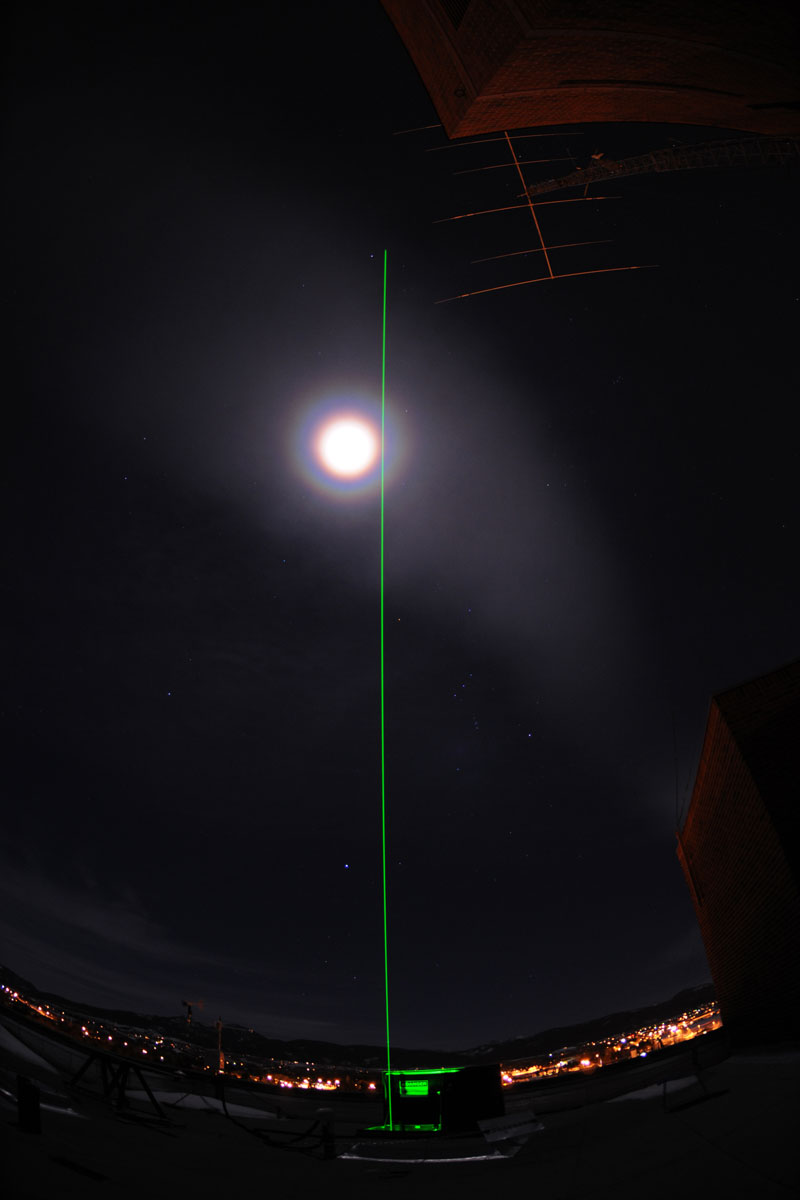
The rings around the moon in the above photo are known as lunar corona. The thin green laser beam is a probe used to determine whether the rings are caused by light diffracted off of tiny ice crystals or liquid water droplets.
Sign up for the Live Science daily newsletter now
Get the world’s most fascinating discoveries delivered straight to your inbox.
Wispy Clouds
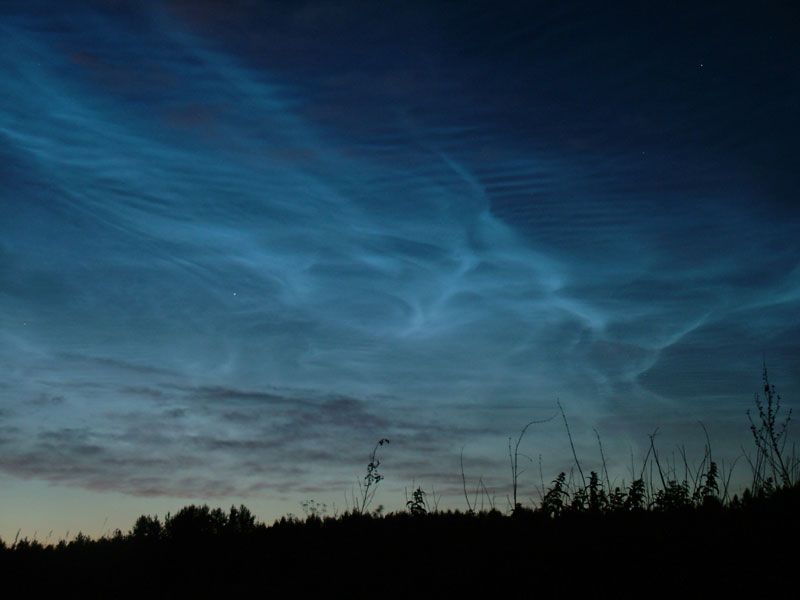
These noctilucent clouds where photographed at sunset above Salakas, Lithuania. Noctilucent clouds are the highest clouds in the atmosphere and require very specific atmospheric conditions to form. They can only be spotted during short summer nights in mid- and high-latitude regions around the globe. Nearly transparent, they only become discernible during twilight hours.
Mirror Image
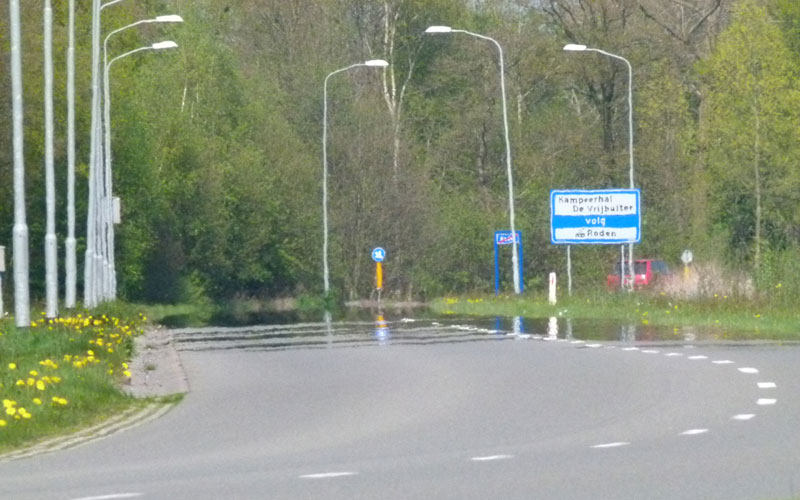
Often seen on hot road tops during the dog days of summer, road mirages happen due to changes in temperature. They occur when there is a large difference in between the air temperature immediately above an area of hot asphalt and the cooler air a few feet above the road. This heat difference causes small-angle light rays to be reflected up instead of hitting the ground like they normally do.
Splendid Supersun
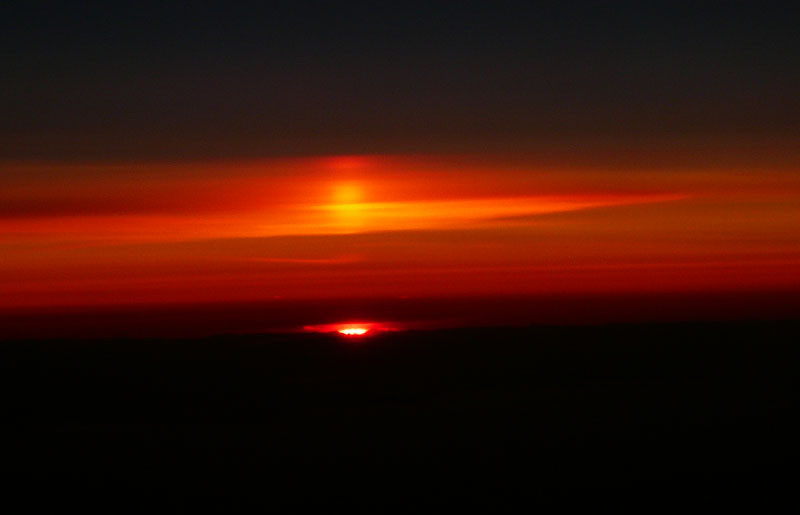
When the sun's rays bounces off the underside of horizontally-oriented ice crystals in the air just so, with the surrounding crystals acting as a massive concave mirror, the illusion of a "supersun" in created. Supersuns are usually only visible to people on airplanes or high atop mountains, as they cannot be viewed from ground level because the light bouncing off the crystals will always be blocked by the surface of the Earth.









